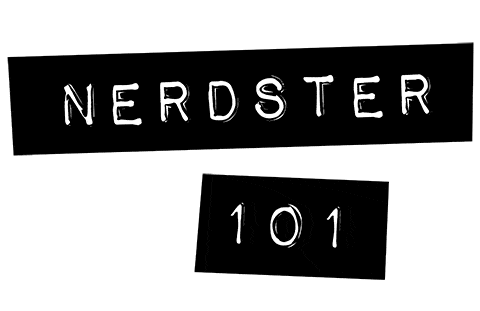“But what does it mean, the plague? It’s life, that’s all.”
– Albert Camus, The Plague
Introduction
In this summary, we delve into Albert Camus’s existential masterpiece, “The Plague”. Explore the characters, storyline, themes, and literary style of this seminal work, all the while gaining deeper insights into Camus’s philosophical musings on life, death, and the human condition.
Book Information
Title: The Plague
Author: Albert Camus
Genre: Fiction, Existentialism
Publication Year: 1947
Brief Overview
The Plague depicts the struggle of the Algerian town of Oran as it is struck by a deadly plague, mirroring the human condition and our response to suffering.
Background
Author’s Background
Albert Camus was a French philosopher, author, and journalist. He is best known for his works that confront the moral conscience of the 20th century in the face of its atrocities.
Publication Context
The Plague was published post-World War II, mirroring the horrors of the time, and established Camus as an existential voice.
Character Summary
Main Characters
The key characters are Dr. Rieux, who narrates the plague experience, and Jean Tarrou, a visitor to Oran. Other important characters include Cottard, Grand, and Paneloux.
Character Development
The characters respond differently to the plague, reflecting various human reactions to crisis and suffering – from denial to defiance.
Plot Summary
Oran is swept by a deadly plague. The characters struggle with their isolation, question the meaning of suffering, and finally, choose solidarity as a response.
Setting
The story is set in Oran, a town in French Algeria, in the 1940s.
Themes and Motifs
Key Themes
Key themes include existentialism, the absurdity of life, suffering, and solidarity.
Motifs and Symbols
Rats, the plague itself, and isolation are recurring symbols throughout the book.
Takeaway Morals
Morals
The novel explores ethical questions about responsibility, freedom, and the human condition.
Application
The morals of the story resonate with contemporary issues such as epidemics, human suffering, and our collective response.
Analysis
Literary Devices
Camus employs irony, foreshadowing, and allegory to drive the plot and themes.
Style and Tone
The style is detached, mirroring the absurdism philosophy, while the tone varies from grim to hopeful.
Critical Reception
Initial Reception
The Plague was acclaimed for its philosophical depth, complex characters, and treatment of the human condition.
Current Standing
Today, the novel is considered a classic of existential literature and remains relevant to contemporary readers.
Personal Response
Personal Opinion
As grim as it is enlightening, The Plague is a page-turner that makes you question the absurdity of life. Plus, it has rats. What’s not to love?
Recommendation
I’d recommend it to those interested in existential philosophy or who want to sound profound at dinner parties.
About the Author
Biography
Albert Camus was a French-Algerian writer and philosopher, born in 1913 and died in 1960. He won the Nobel Prize for Literature in 1957.
Literary Career
Camus’s notable works include “The Stranger”, “The Myth of Sisyphus”, and “The Rebel”. He was a key figure in existentialism and absurdism.
Book Details
Publication Details
The Plague was published by Gallimard in 1947.
Structural Details
The book comprises five parts, totalling around 320 pages.
Conclusion
Summary
In The Plague, Camus explores the human condition through the lens of an existential crisis. The novel’s timeless themes resonate with contemporary readers.
Final Thoughts
The Plague is a profound exploration of existential philosophy that resonates across time and remains relevant today.
-
Père Goriot, by Honoré de Balzac – Quick Book Summary
-
The Wind-Up Bird Chronicle, by Haruki Murakami – Quick Book Summary
-
The Sorrows of Young Werther”, by Johann Wolfgang von Goethe – Quick Book Summary
-
A Room of One’s Own, by Virginia Woolf – Quick Book Summary
